In a surprise move at the highest levels of the White House, national security adviser Mike Waltz is stepping down from his role – but he will remain a key figure in the Trump administration. On May 1, President Donald Trump announced his intention to nominate Waltz as the next United States Ambassador to the United Nations, marking both a major shift in duties and a clear sign of the president’s ongoing trust in one of his senior national security officials.
The news broke on May 1, catching even senior officials across the White House and State Department off-guard. Sources close to the matter said that the decision had been in discussion for some time but was finalized only Thursday morning. In an interim move, Secretary of State Marco Rubio will temporarily take over the role of national security adviser, while continuing to lead the State Department. This dual-hatted position is expected to be short-term until a permanent replacement is found.
“I am pleased to announce that I will be nominating Mike Waltz to be the next United States Ambassador to the United Nations,” President Trump wrote on social media. “From his time in uniform on the battlefield, in Congress, and as my National Security Advisor, Mike Waltz has worked hard to put our Nation’s Interests first. I know he will do the same in his new role.”
Waltz, for his part, responded on X, formerly known as Twitter, saying, “I’m deeply honored to continue my service to President Trump and our great nation.”
However, behind the congratulatory language lies a story of growing tension and concerns that have been simmering for months inside the White House. Sources say that a number of factors led to Waltz’s departure from the National Security Council (NSC). Among the most prominent was a perception among senior staffers and some in Trump’s inner circle that Waltz failed to adequately vet the NSC staff, a vulnerability that had already become an increasing source of concern after a series of leaks and organizational missteps.
The “Signal saga,” as it became known internally, was perhaps the most damaging incident. In March, Waltz created a Signal chat group intended for private discussions among top national security officials regarding a planned military strike on Houthi targets in Yemen. In a significant error, Waltz mistakenly included The Atlantic journalist Jeffrey Goldberg in the group. Goldberg published details of the conversation, initially withholding operational specifics. However, after senior officials, including Defense Secretary Pete Hegseth, Director of National Intelligence Tulsi Gabbard, and CIA Director John Ratcliffe, denied any classified information had been compromised, Goldberg later released additional details, including strike timing and weapons packages.
Waltz later confirmed behind closed doors the authenticity of the information published, creating a serious breach of operational security. While President Trump initially defended Waltz, publicly calling him “a good man” who “learned a lesson,” internal debates ensued over whether he should resign. Ultimately, Trump chose not to demand his resignation, wary of appearing to bow to external pressure and desiring to maintain loyalty within his team.
Sources indicated that Trump views sufficient time as having passed since the Signal incident, allowing Waltz’s departure from the NSC to be presented not as a scandal, but as a strategic reassignment to a prestigious diplomatic role.
Even so, Waltz’s move to the United Nations will not be without challenges. Senate confirmation will be required, and early signals suggest a contentious path ahead. Democratic Senator Mark Warner of Virginia acknowledged Waltz’s acknowledgment of the Signal mishap but warned that confirmation hearings would likely be “pretty brutal.” “Let’s see what happens,” Warner said when pressed about whether he would vote for Waltz’s confirmation.
Meanwhile, Republican allies have already lined up in Waltz’s support. Senator John Cornyn of Texas expressed optimism about Waltz’s confirmation, telling reporters, “I’m glad he’s still going to be part of the administration.”
In the immediate aftermath of the announcement, confusion reigned across official channels. During a May 1 briefing, State Department spokesperson Tammy Bruce learned in real-time – from a reporter’s question – about the president’s decision to name Rubio as interim national security adviser. “It is clear that I just heard this from you,” Bruce replied, highlighting the tightly-held nature of the decision.
Deputy Secretary of State Christopher Landau was similarly left in the dark, learning of Waltz’s departure only after news reports emerged. The White House had kept the decision closely guarded, known to only a small group of Trump confidants and senior advisers, including chief of staff Susie Wiles, who reportedly held multiple conversations about the personnel shifts Thursday morning.
As for Waltz’s deputy, Alex Wong, his future remains uncertain. Wong, who previously served in the Trump administration as deputy special representative for North Korea and as deputy assistant secretary for East Asian and Pacific Affairs, declined to comment when reached by phone.
Speculation is already swirling about who might fill the national security adviser role permanently. According to sources, US envoy to the Middle East Steve Witkoff is unlikely to be tapped. Instead, attention has shifted to figures such as White House deputy chief of staff Stephen Miller and senior counterterrorism adviser Seb Gorka, both of whom have longstanding reputations for loyalty to President Trump and his agenda.
Adding another layer to the NSC turmoil, the departures of Waltz and Wong follow a wave of firings in early April, when at least six NSC staffers were dismissed. Those removals came after right-wing commentator Laura Loomer visited the Oval Office and presented opposition research alleging that some NSC staffers were insufficiently loyal to President Trump.
Ric Grenell, a longtime Trump ally and current special presidential envoy for special missions, publicly ruled himself out for the national security adviser role.
In nominating Waltz for the UN position, Trump appears to be attempting to balance loyalty with damage control – elevating a trusted aide to an international stage while quietly addressing vulnerabilities at home. Whether Waltz can survive a grueling Senate confirmation battle and rehabilitate his reputation on the world stage remains to be seen.
For now, the Trump administration appears to be moving swiftly, aiming to minimize disruption as it braces for a critical election season where foreign policy will likely loom large.
Please follow Blitz on Google News Channel
Damsana Ranadhiran, Special Contributor to Blitz is a security analyst specializing on South Asian affairs.
mike-waltz-out-as-national-security-adviser-but-trump-taps-him-for-un-role

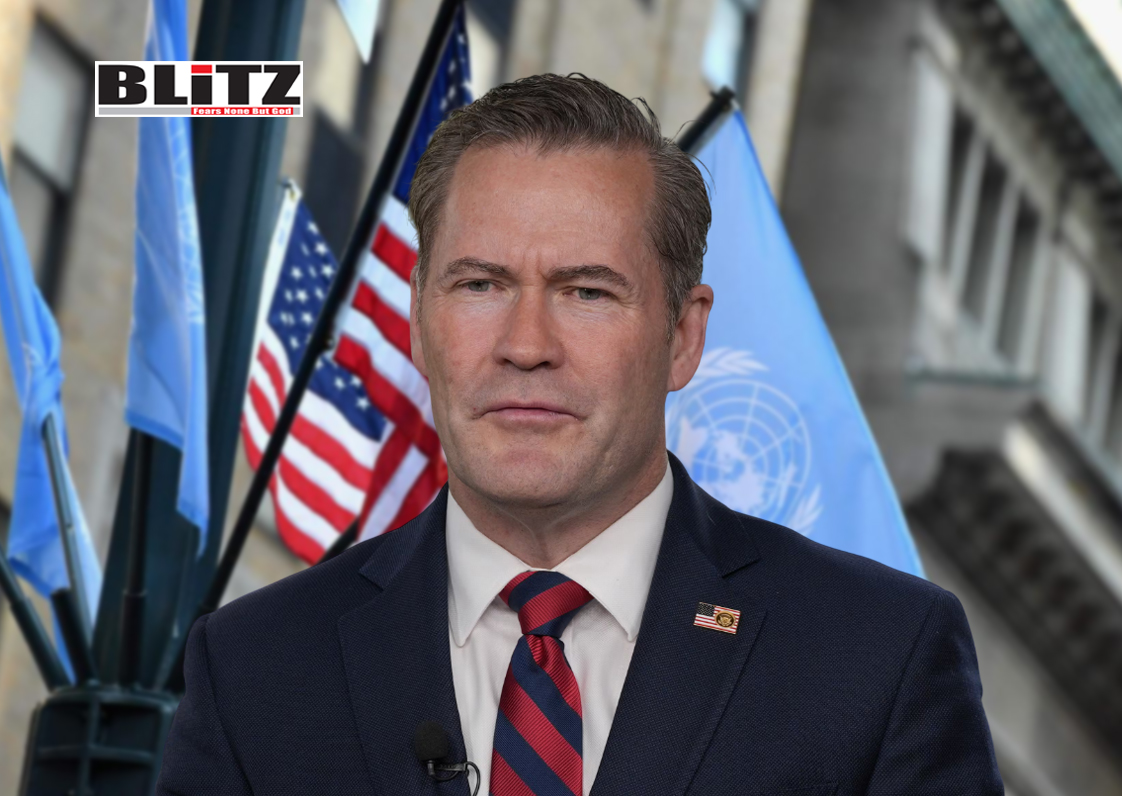
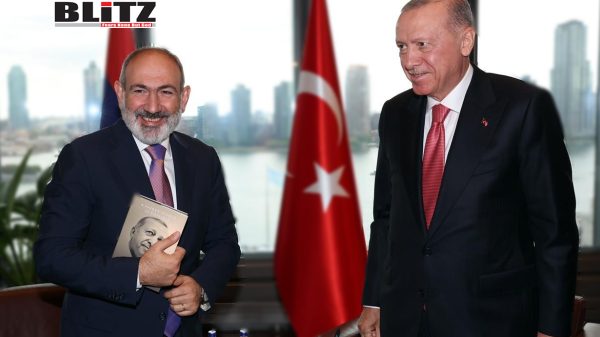

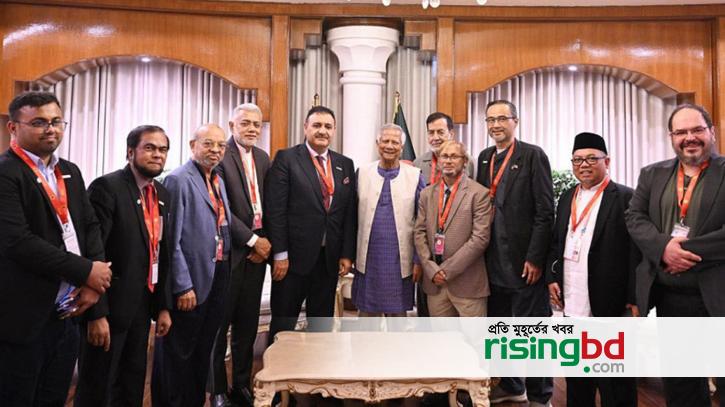

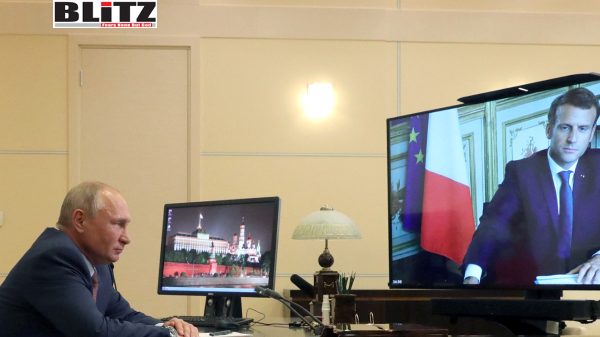






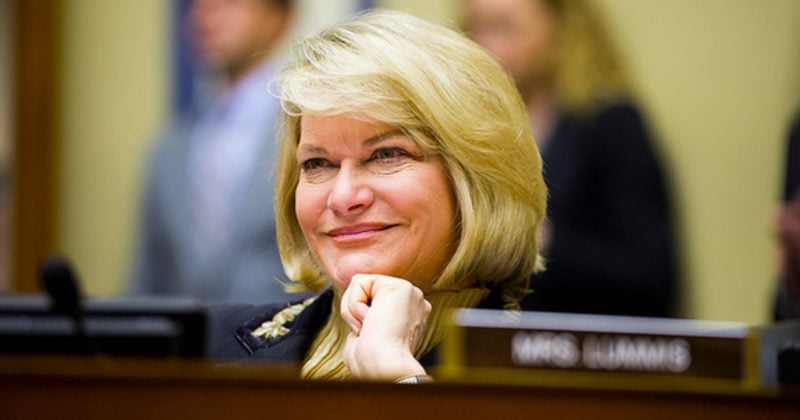

Leave a Reply